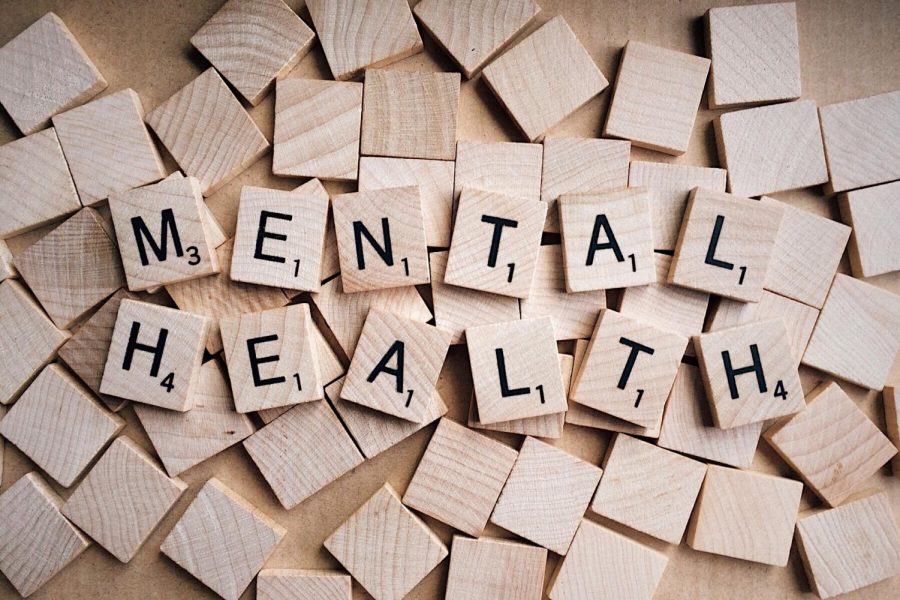The Importance of Taking Mental Health Days
Over the past few years, mental health has been a heavily discussed topic as people attempt to shine a light on it and get rid of the surrounding stigma. However, through all of this discussion, there isn’t a lot of talk about solutions. Taking care of your mental health is just as important as your physical health in the way that if ignored it will just lead to bigger problems.
According to the National Institute of Mental Health, 75 percent of lifetime cases of mental illness begin by the age of 24. Considering most of university students are 18 to 24, these are the people who might experience the onset of mental illness and know very little on how to deal with it.
A mental health day is the perfect way to take to deal with too much stress, anxiety, depression, to avoid a break-down, or even worsening your experience. Most workplaces and schools have a set number of days that a person can take off. These include vacation or sick days, but mental illness is often overlooked to save for when someone is sick.
A study done by the American College Health Association (ACHA) gave evidence to support that the top four reasons students’ performance is negatively affected is due to mental health. Stress, anxiety, sleep difficulties, and depression had the highest percentage of students with affected academic performance in ACHA’s National College Health Assessment (NCHA) – this was followed by cold, flu and sore throat.
For the most part, being physically sick is noticeable and reasonable to people as an excuse but being mentally worn is not. If sickness lasts lost enough, health services or a doctor can get you excused from class and no one will bat an eye, but the same can’t be said as easily for mental illness.
Since it’s not completely visible, it’s harder to detect and even if it lasts for several weeks, counseling services aren’t going to write you a pass and excuse you from stress. However, this doesn’t mean you shouldn’t take a day to yourself, extend your weekend and get some breathing time in.
Mental illness is a widespread ailment, affecting about one in five adults in the United States, so even with some stigma attached to it, it isn’t hard to find someone who can sympathize with overwhelming stress, depression and anxiety. Some professors are even willing to encourage taking a day off to gather yourself and relax when you feel on edge.
If you can’t get out of bed or you’re too exhausted to make it too class or sitting through class might overflow your extreme emotions, take the day out. Only 4.1 percent of students in the NCHA respondents got enough sleep in seven days to feel well rested when they woke up in the morning while 18.3 percent only had two days where they felt well rested. Utilizing one absence as a mental health day, or two as a mental health week might help out in the long run, especially if you’re aware that you’re taking it.




